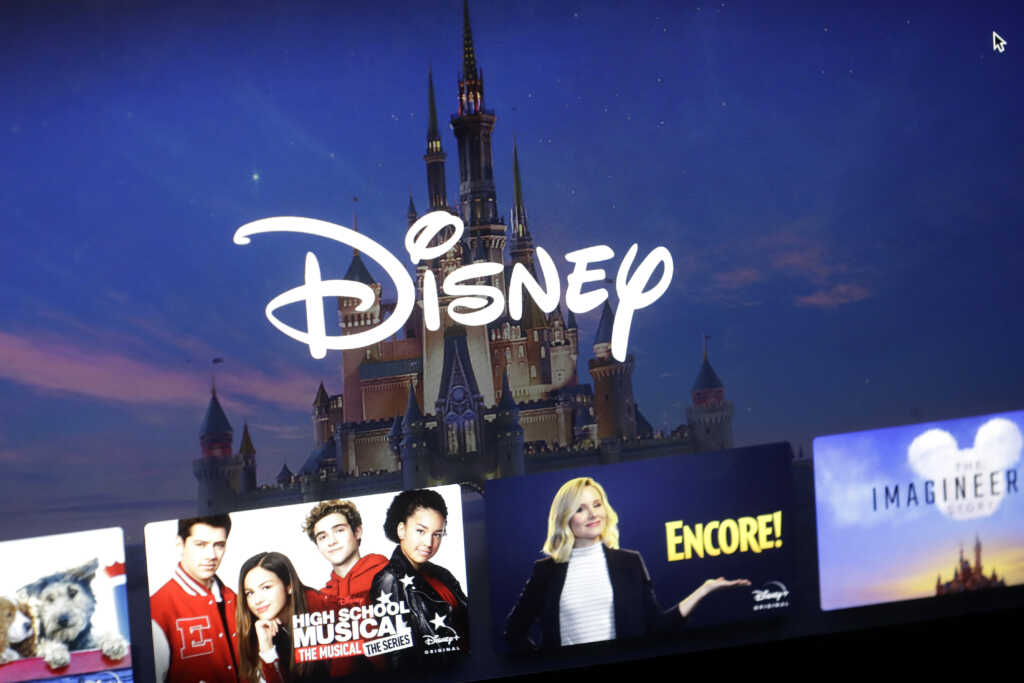The Walt Disney Company has removed an episode of “The Simpsons” from its streaming platform in Hong Kong after facing pressure from the Chinese communist government.
Hong Kong, a once-free territory, has faced increasing government control since President Xi Jinping’s regime seized the city in 2019. That control is bleeding into the entertainment accessible in the region.
Over the weekend, the Hong Kong Free Press reported that episode 12 of season 16 of “The Simpsons,” titled “Goo Goo Gai Pan,” was not available on Disney+, which just became available in Hong Kong this month:
The 12th episode of the 16th season was first broadcast in 2005 and sees the family visit China, where the cartoon family visits the mummified body of ex-leader Mao Zedong. The newly-launched Disney+ platform skips from episode 11 to 13.
The missing show – entitled Goo Goo Gai Pan – includes a line of tanks, referencing the iconic “tank man” photo, as well as a joke placard inside Tiananmen Square stating “on this site, in 1989, nothing happened.” The episode is still accessible when viewers enable VPN circumvention tools.
The animated sitcom’s lead character, Bart Simpson, stands over the mummified Mao, whom he describes as “a little angel that killed 50 million people,” according to The New York Times.
Last month, the Hong Kong legislature approved legislation granting the government the power to banish films it deems contrary to national security from being screened or made available in the city in any way, the Free Press reported.
However, as Bloomberg News noted, the decision regarding “The Simpsons” was not made by the government, but by a private American-owned company with financial interests in keeping the Chinese government happy.
Watch the censored scene:
“This is the first notable time an American streaming giant has censored content in Hong Kong,” Kenny Ng, an associate professor at Hong Kong Baptist University with a specialty in film censorship told the outlet. “Basically, the whole story is for streaming companies to be more tailored to a Chinese audience and to not offend the Chinese government.”
It is, though, not entirely clear at this point whether Disney self-censored the episode or was directed to do so by the Chinese government.
Ng predicted more U.S.-based corporations will take similar action in the future.
Disney, for its part, has not publicly commented on the issue.
***As the number of voices facing big-tech censorship continues to grow, please sign up for Faithwire’s daily newsletter and download the CBN News app, developed by our parent company, to stay up-to-date with the latest news from a distinctly Christian perspective.***



